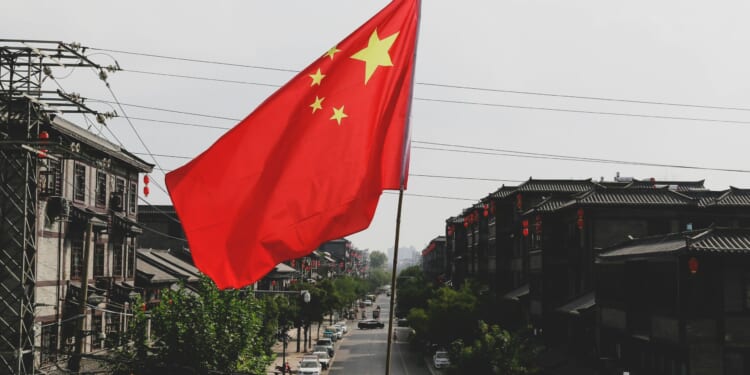This week, China announced new, tightened export restrictions on rare earth elements. It’s the latest “escalation in tensions,” between China and the U.S. in the race to secure critical minerals supplies.
Rare earths are a group of 17 metals that are used in defense, computers and smartphones, televisions, and wind, solar, and battery storage technologies. Rare earths are relatively abundant in the earth’s crust, but minable deposits are less common than for other minerals. In 2024, the U.S. was 80 percent net import reliant on foreign countries (and improvement from more than 95 percent reliant in 2023). The U.S. imported 70 percent of the rare-earth compounds it used from China.
Under the new export controls, foreign suppliers “must obtain approval from Beijing to export some products…if they account for 0.1% or more of the good’s total value.” The restrictions also apply to goods produced with certain technologies from China.
The Chinese Ministry of Commerce also made clear that “export applications for products with military uses generally won’t be approved,” and licenses for semiconductors or artificial intelligence development will be evaluated case-by-case. Licenses will also be required for exports of some lithium-ion batteries and equipment and materials used to make them, directly impacting both consumer electronics and the batteries used in EVs and battery storage.
The Center for Strategic and International Studies describes the unusual nature of the export controls:
The new export controls mark the first time China has applied the foreign direct product rule (FDPR)—a mechanism introduced in 1959 and long used by Washington to restrict semiconductor exports to China. The FDPR enables the United States to regulate the sale of foreign-made products if they incorporate U.S. technology, software, or equipment, even when produced by non-U.S. companies abroad. In effect, if U.S. technology appears anywhere in the supply chain, Washington can assert jurisdiction.
In December 2023, China banned the export of rare earths extraction and separation technologies. Earlier this year, China moved to require licenses for certain rare-earth metals and products, and in July, placed restrictions on the export of technologies to produce EV batteries.
American Experiment’s October 2024 report, Mission Impossible, described China’s growing stranglehold over more critical mineral supply chains, documenting that in 2023, export controls on germanium shrunk exports from 8.63 metric tons pre-ban to a mere one kilogram post-ban.
It’s likely rare earths will be just as curtailed, and national security imperiled, if the new rare earths export controls take effect on December 1 as announced. President Trump responded to the export controls today in a post on Truth Social signaling economic countermeasures.










